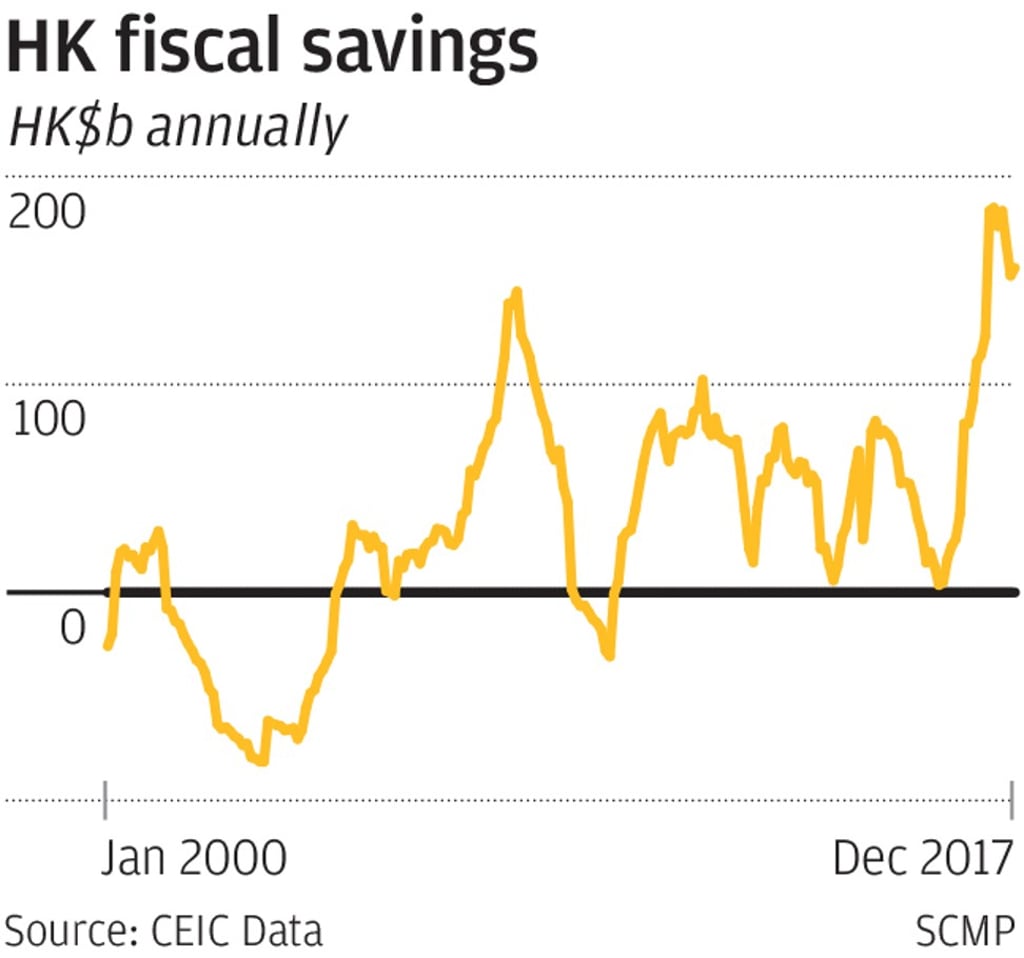Jake's View | Why are Hong Kong bureaucrats such misers when it comes to spending on needed services?
Hong Kong’s fiscal budget had been in surplus for 14 years, equivalent to more than 7.5 per cent of economic output at its peak. But city bureaucrats are absolute misers when it comes to spending money that they do have.

The massive projected [budget] surplus, at least seven times the original estimate of HK$16.3 billion for 2017/18, has reignited criticism of officials’ calculations ... - SCMP, February 12
They say history repeats itself, and I believe it. Here is what the now defunct Far Eastern Economic Review had to say about the Hong Kong budget 50 years ago:
“For the first time in living memory, Hongkong’s Financial Secretary admitted that it would be safe to assume that the Colony’s economy might prosper for one more year at least, and Sir John Cowperthwaite astounded his audience by budgeting for a surplus.”
In fact, the phenomenon is notable right back to the post-war years of the late 1940s with huge surpluses and only the occasional slight deficit, following forecasts of consistent huge deficits.
The chart shows you the history of our fiscal balances so far this century. Yes, there was a difficult period from 2001 to 2003 but our fiscal reserves, fattened by consistent investment profits, hardly dipped.
The deficit in 2008 was mostly the result of the government having thumped down hard on the spending button in the prior two years with up to a 30 per cent increase in outlays.

